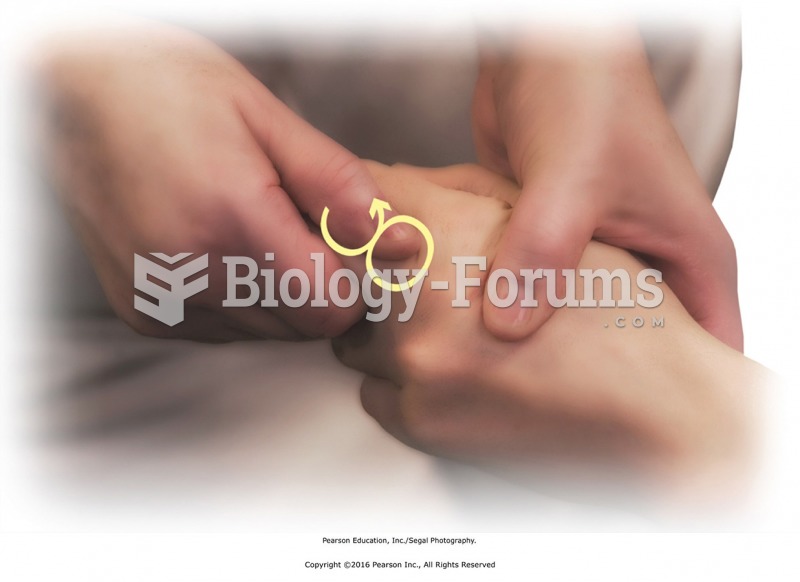|
|
|
In 1886, William Bates reported on the discovery of a substance produced by the adrenal gland that turned out to be epinephrine (adrenaline). In 1904, this drug was first artificially synthesized by Friedrich Stolz.
Amoebae are the simplest type of protozoans, and are characterized by a feeding and dividing trophozoite stage that moves by temporary extensions called pseudopodia or false feet.
If all the neurons in the human body were lined up, they would stretch more than 600 miles.
Side effects from substance abuse include nausea, dehydration, reduced productivitiy, and dependence. Though these effects usually worsen over time, the constant need for the substance often overcomes rational thinking.
The term bacteria was devised in the 19th century by German biologist Ferdinand Cohn. He based it on the Greek word "bakterion" meaning a small rod or staff. Cohn is considered to be the father of modern bacteriology.
 (A) Figure illustrating the location and appearance of a peptic ulcer in both the stomach and the du
(A) Figure illustrating the location and appearance of a peptic ulcer in both the stomach and the du
 Shown is the electronic circuit inside a ceramic disc MAP sensor used on many Chrysler engines. The ...
Shown is the electronic circuit inside a ceramic disc MAP sensor used on many Chrysler engines. The ...





